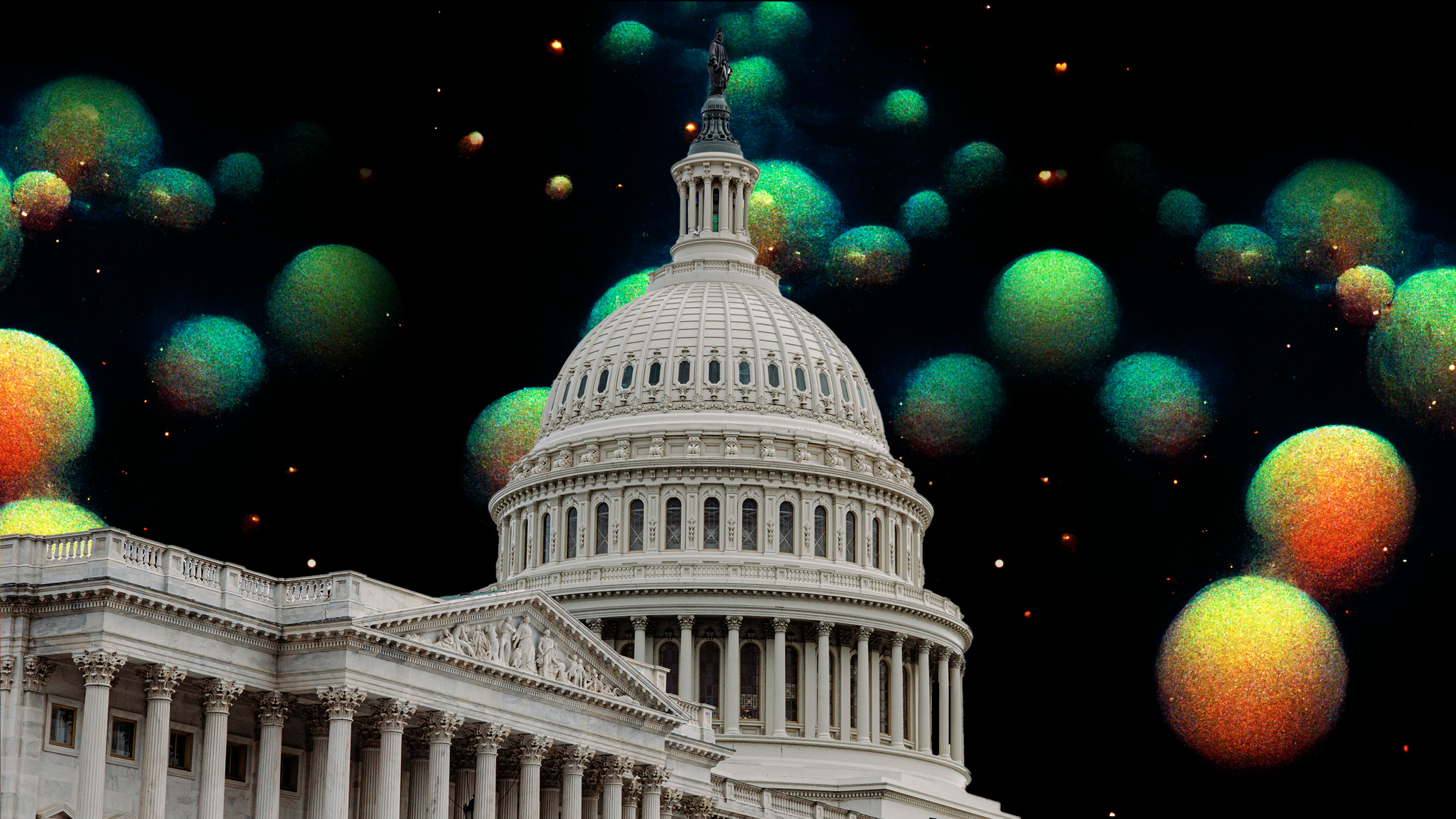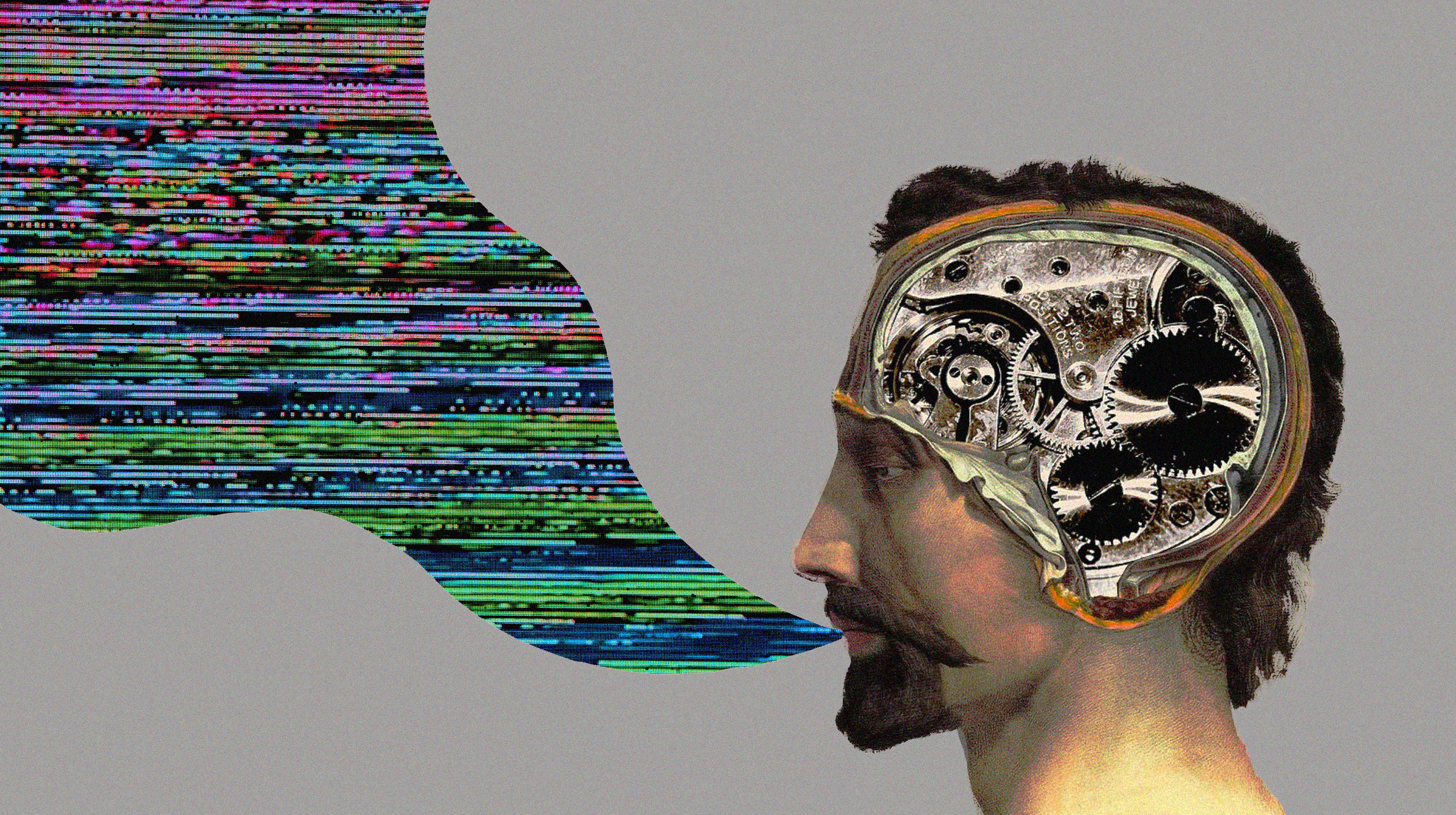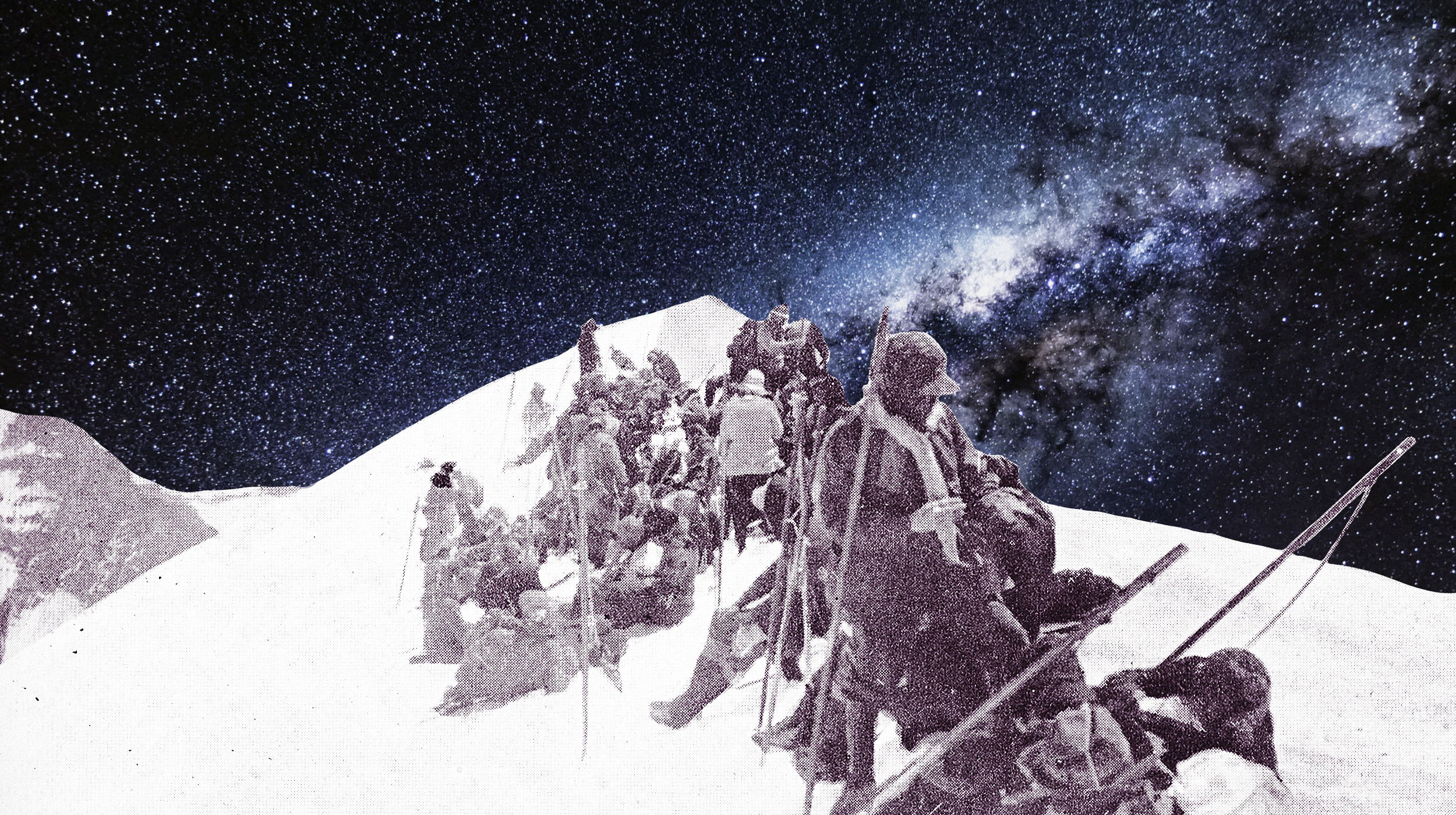Hard Science
Do we still remember what we learned in the 1940s?
Humans are more likely to have “first contact” with an advanced alien civilization, according to a recent NASA-funded paper.
Labeling thinkers like Albert Einstein and Steve Jobs as “other” may be stifling humanity’s creative potential.
▸
14 min
—
with
If we lose our pollinators, we’ll soon lose everything else.
A physicist creates an AI algorithm that predicts natural events and may prove the simulation hypothesis.
How does philosophy try to balance having free will with living in a deterministic universe?
A warming Arctic Circle could be responsible for bursts of cold weather in the south.
Imagine poisoning your rival and yourself and giving only yourself the antidote.
For the first time, it was discovered that nonphotosynthetic bacteria have a circadian clock.
Inventions with revolutionary potential made by a mysterious aerospace engineer for the U.S. Navy come to light.
Some mysteries take generations to unfold.
Introducing the Deep Space Food Challenge.
The space agency describes the process of landing rovers on Mars as “seven minutes of terror.”
Researchers find a way to distort laser light to survive a trip through disordered obstacles.
Researchers devise a record-breaking laser transmission that avoids atmospheric interference.
To understand ourselves and our place in the universe, “we should have humility but also self-respect,” Frank Wilczek writes in a new book.
Plan S is starting to take hold, but the cost is merely shifting even more to the researchers.
















